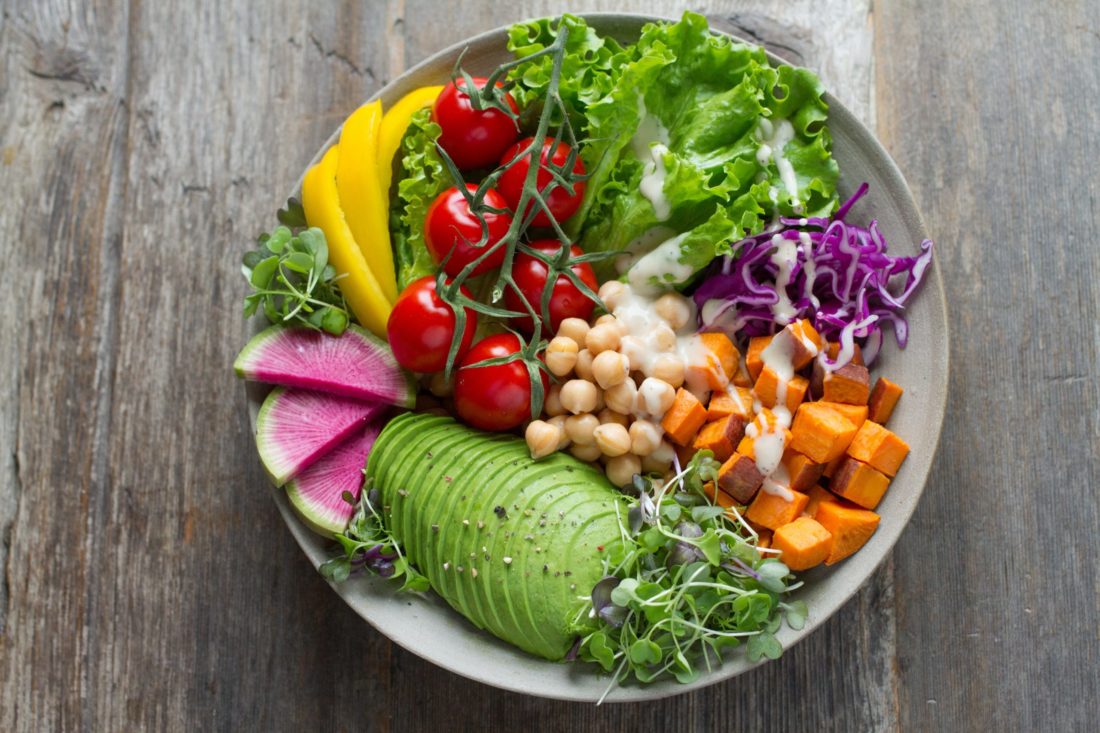A Response to: ‘Veganism is a Privilege that’s not Accessible to All’


Lack of education around nutrition
Education around nutrition is not purely a vegan issue. Many people have a limited understanding about nutrition, leading most to believe red meats, processed meats and other animal products to be healthy foods. The National Diet and Nutrition Survey shows that the UK falls short on fruit, vegetable and fibre intake, and eat too much saturated fat and sugar. Viva! Health has lots of free resources on our website. Those without internet access can find books in public libraries, and we can also post out our resources to you. For nutritional enquiries contact Viva! Health at health@viva.org.uk, or on 0117 944 1000.
Increasing rates of poverty and austerity
The staples of a vegan diet are some of the most affordable foods available, including tinned beans, chickpeas, lentils, rice, oats, bread, pasta and potatoes. It isn’t necessary to buy lots of fresh fruit and vegetables – frozen and tinned is just as good and can be a better option for those on a tight budget. See the NHS advice on getting your 5-a-day on a budget. You can help others by donating vegan staples to your local food bank including tinned foods and B12 fortified plant milks and cereals.
Negative relationships with food
The focus of a vegan diet is eating nutrient-rich foods kinder to animals and the planet. A vegan diet can provide a sustainable recovery from an eating disorder as people can learn to have a more positive relationship with guilt-free foods that are better for their health, animal welfare and the environment. Eating disorders are highly complex and can manifest in many ways including diets based on animal products or plant-based foods – but focusing on the positive impact of a vegan diet can help people rebuild a healthy relationship with food and aid their recovery. If you think you or someone you know might be suffering with an eating disorder, it’s best to speak to a medical professional for more information and advice.
In mainstream dieting companies, animal products are the ‘guilt-free/sin-free’ foods
Animal products should not be viewed as ‘guilt-free’ – they contain large amounts of saturated fat, haem iron and heterocyclic amines that increase your risk of type 2 diabetes, multiple cancers and heart disease. They also come from animals who have suffered, and are hugely damaging for the plant. Furthermore, research has continuously shown a vegan diet to be the best for maintaining a healthy weight.
So, in conclusion…
Attacking veganism isn’t going to solve these important issues. Instead of scrutinising a lifestyle that has the potential to solve some of our biggest environmental and health problems, we should be taking steps towards being kinder to the planet, animals, and our bodies. The vegan movement is an inclusive and understanding one. Most acknowledge that using animal-derived products is currently unavoidable under certain circumstances and would never judge anyone for this.




